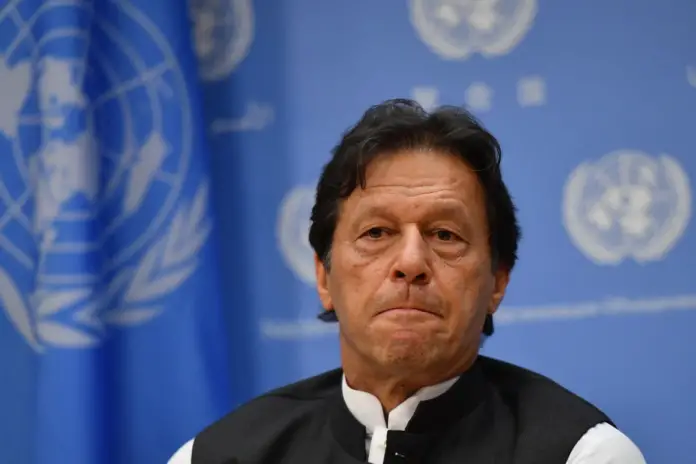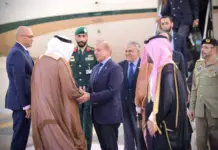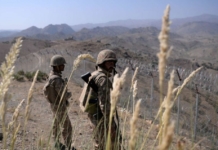The former Prime Minister of Pakistan, Imran Khan, has contributed an opinion piece to the prestigious British magazine, The Economist, “by invitation.”
In the article, uploaded on January 4, Khan addresses the upcoming general elections on February 8 and the economic challenges facing the country.
Khan asserts that regardless of whether the elections proceed, the treatment he and his party, Pakistan Tehreek-e-Insaf (PTI), have received since the controversial vote of no confidence in April 2022 indicates that the establishment, comprising the army, security agencies, and civil bureaucracy, is unwilling to provide a fair playing field for PTI.
Scheduled for next month, the elections have raised concerns from human rights watchdogs in Pakistan regarding the perceived lack of a level playing field for certain political parties in the lead-up to the polls.
The transitional government, led by interim Prime Minister Anwaarul Haq Kakar, is set to oversee the elections. However, Khan and others have expressed reservations about the environment, particularly in Punjab, where the Pakistan Muslim League-Nawaz (PML-N) is operating. The caretaker setup, however, has rejected such criticisms.
Recently, PTI lost a legal battle over its electoral symbol, the bat, when the Lahore High Court dismissed a petition against the nullification of PTI’s intra-party elections and the subsequent removal of its electoral symbol.
In his piece, Khan alleged that the country’s top electoral authority has tainted its credibility with its actions, particularly in not holding snap polls in Punjab on May 14, 2023, despite a Supreme Court order in March.
Khan expressed skepticism about the likelihood of the national vote taking place and highlighted contempt cases against him and other PTI leaders for criticizing the Election Commission of Pakistan. He described the events of May 9 as a “false-flag operation,” blaming his party for arson at military installations.
Despite the challenges, Khan claimed that PTI remains popular and accuses the Election Commission of Pakistan of being desperate to deny the party the right to contest elections, leading to a loss of credibility for the courts.
Khan discussed various charges against him, including treason, denial of permission for party conventions, the cipher controversy, and his ouster from office in 2021 via a no-confidence motion.
The editor’s note in The Economist mentioned that both the government and the US State Department have denied Khan’s allegations of American interference in Pakistani politics, and the government is prosecuting him under the Official Secrets Act.
Khan further warned that even if elections were to be held, the denial of PTI’s basic right to campaign would make them a disaster and a farce, further contributing to political instability and exacerbating the already volatile economy. He called for fair elections but laments that democracy is under siege, with the country heading in the opposite direction on various fronts.







